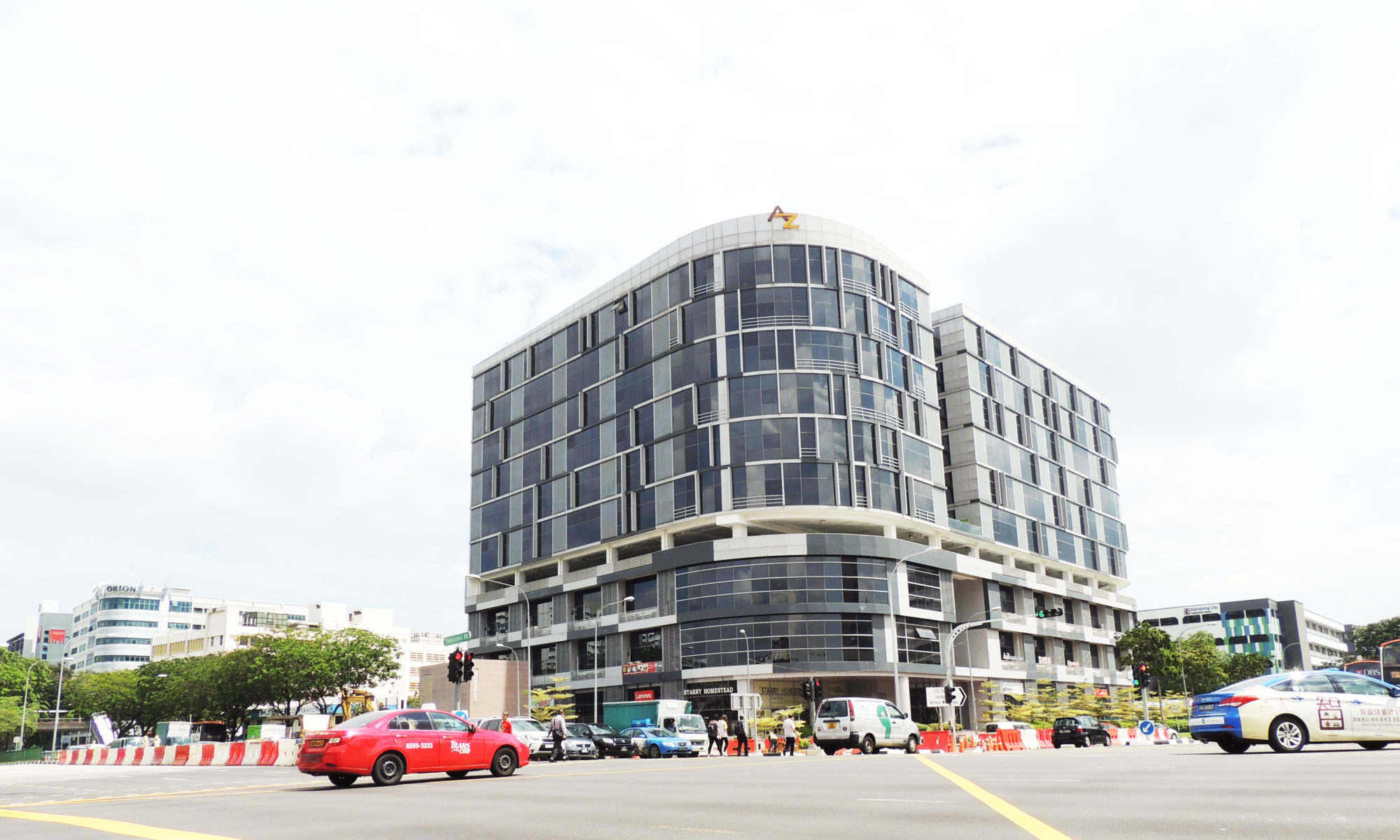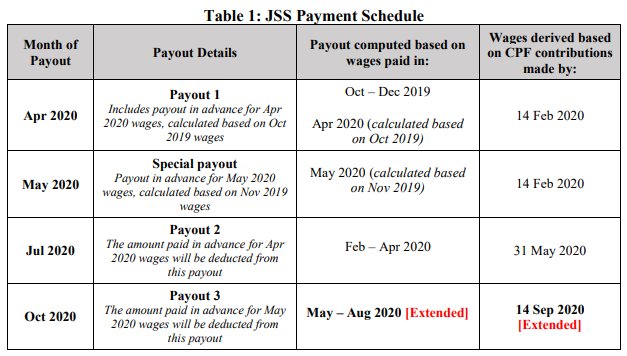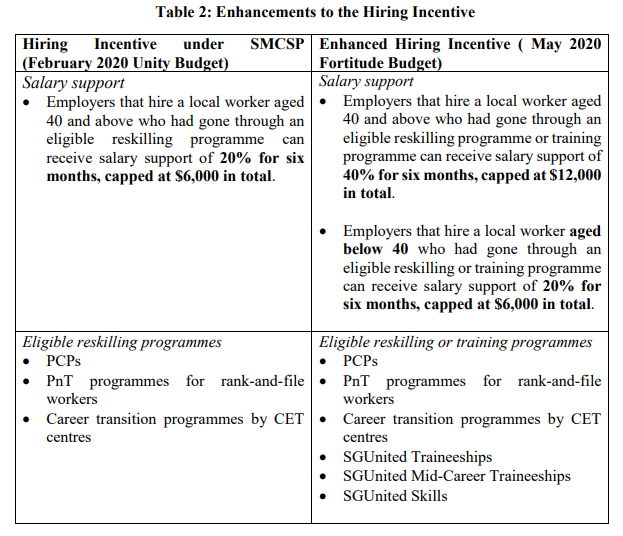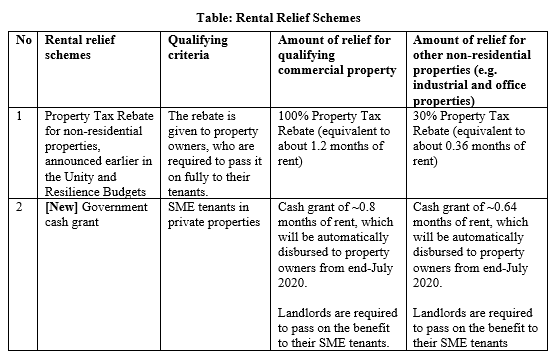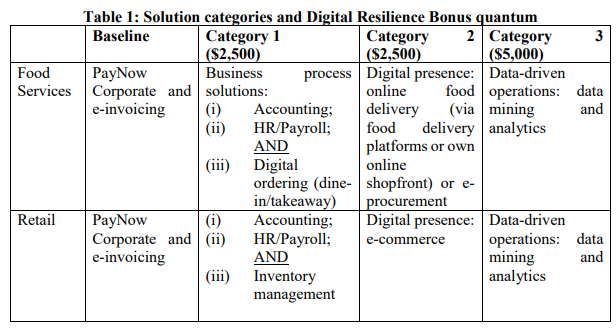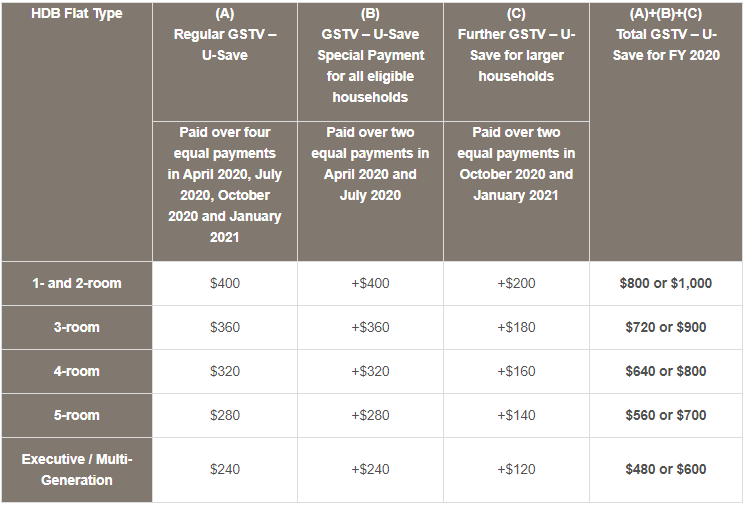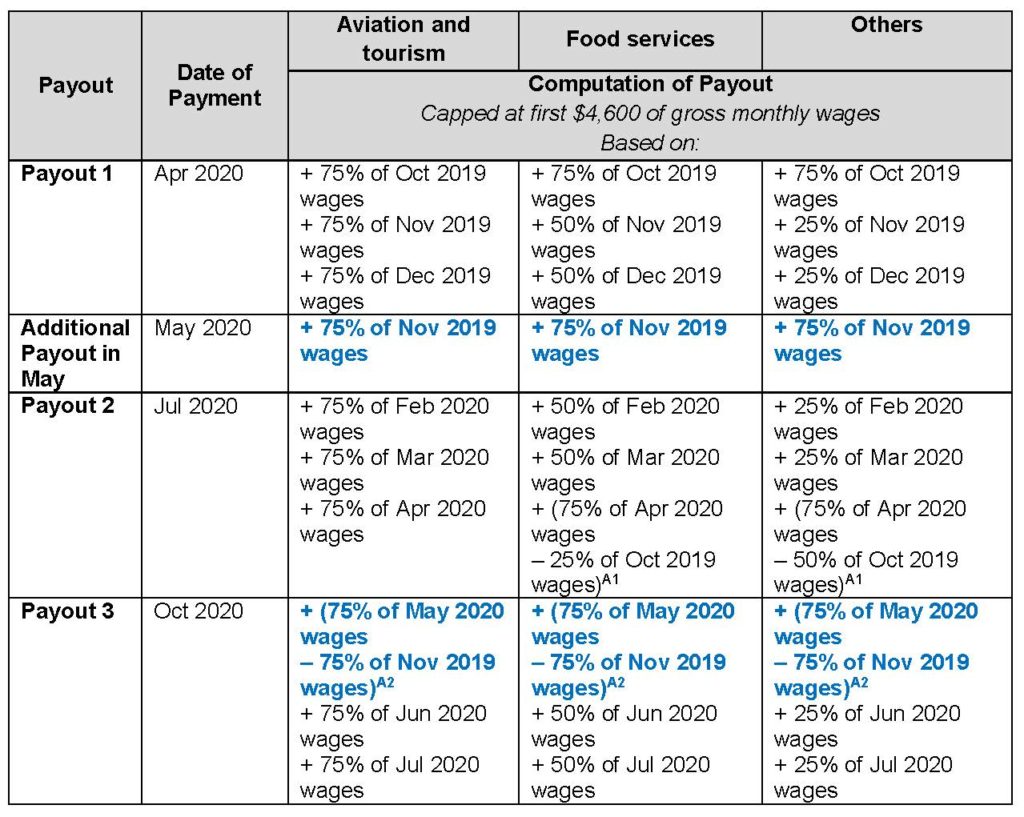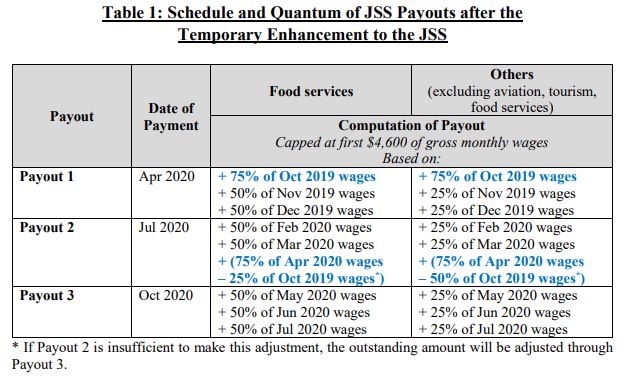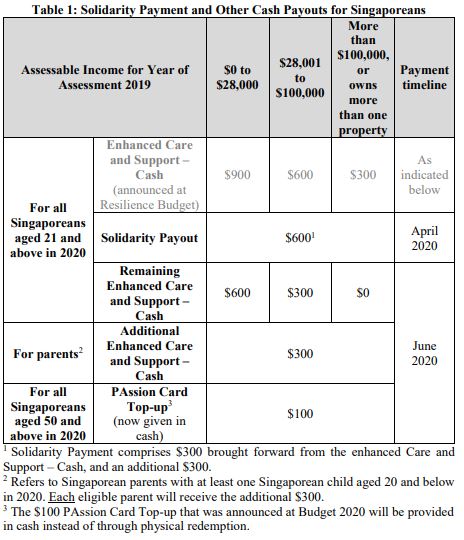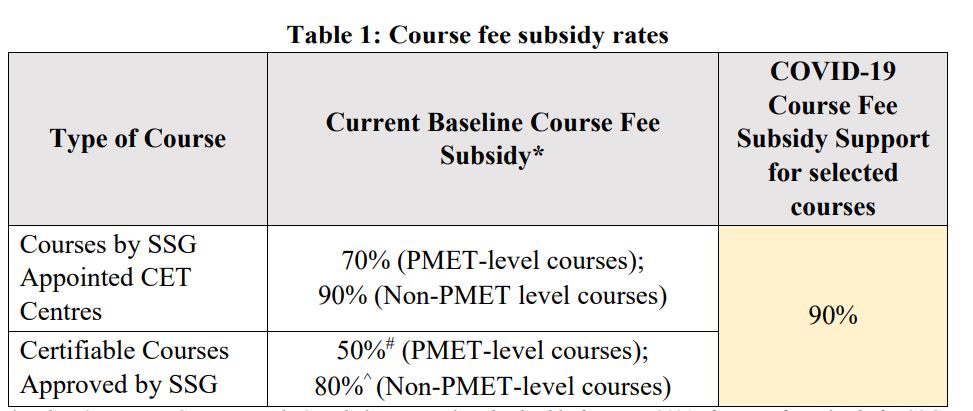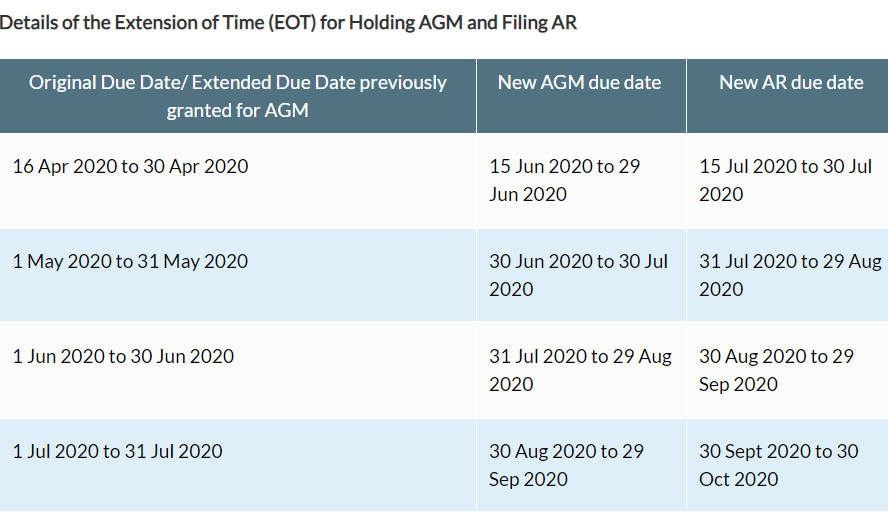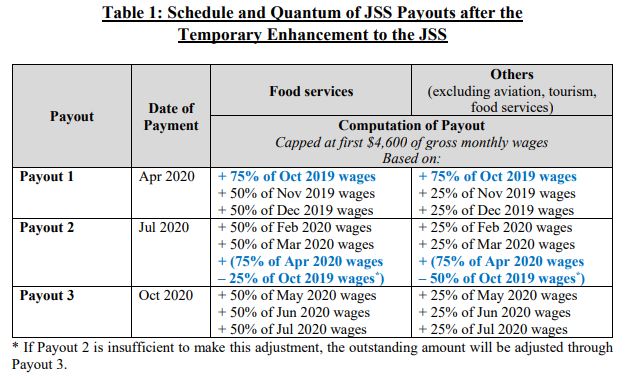On 17 January 2020, China’s Ministry of Finance and State Taxation Administration jointly issued the “Announcement on Individual Income Tax Policy in relation to Overseas Income” (Ministry of Finance and State Taxation Administration Announcement 3 of 2020). This announcement applies from the 2019 tax year. This means that income earned overseas by China tax residents will be taxed.
Announcement 3 sets out the relevant policies regarding this new income tax policy. The key contents include:
- Classification of overseas income
- Calculation of taxable income
- Foreign tax credit (“FTC”)
Residence rules
An individual is domiciled in China if:
(a) They habitually reside in China by reason of permanent registered address, family ties, or economic interests; or
(b) holds a Chinese passport or a hukou (household registration).
Classification of Overseas Income
The following categories of income are considered as overseas income:
| Income categories | Basis of income sourcing |
|---|---|
| (1) Income from provision of labour services outside China (including employment income and independent personal service income) | The overseas location where the labour or employment activities are carried out. |
| (2) Authors’ remuneration paid and borne by enterprises and other organisations outside China; | The overseas location of the enterprise or organisation which pays and bears the remuneration. |
| (3) Royalties received from the grant of concessions outside China; | The overseas location where the concessions are utilised. |
| (4) Income from business operations and productions outside China; | The overseas location where business operation or production is carried out. |
| (5) Interest and dividend income obtained from enterprises, other organisations and non-resident individuals outside China; | The overseas location where the interest and/or dividend paying parties are based. |
| (6) Income from lease of overseas properties; | The overseas location where the leased property is used. |
| (7) Capital gains from the transfer of real estate, transfer of equity stocks, stock options, or other financial assets (hereinafter referred to as financial assets) of overseas enterprises or other organisations, or from the transfer of other assets outside China; | Real estate: the overseas location where the asset is located; Financial assets: the overseas location where the invested enterprise or other organisation is based. It is worth noting that if more than 50% of the fair value of the assets of the invested enterprise or other organisation comes directly or indirectly from real estate located in China at any time during the three years (36 consecutive months) prior to the transfer, the gains from the transfer of the assets would be deemed as China sourced. |
| (8) Incidental income obtained from enterprises, other organisations and non-resident individuals outside China; | The overseas location where the incidental income paying parties are based. |
| (9) Separate rules may apply if otherwise determined by the Ministry of Finance or the State Taxation Administration. | N/A |
Personal Income Tax Rate
The following table shows the latest Income Tax Rate for residents in China.
| Annual taxable income (CNY) | Tax rate (%) | Quick deduction (CNY) |
|---|---|---|
| 0 to 36,000 | 3 | 0 |
| Over 36,000 to 144,000 | 10 | 2,520 |
| Over 144,000 to 300,000 | 20 | 16,920 |
| Over 300,000 to 420,000 | 25 | 31,920 |
| Over 420,000 to 660,000 | 30 | 52,920 |
| Over 660,000 to 960,000 | 35 | 85,920 |
| Over 960,000 | 45 | 181,920 |
How to calculate Taxable Income?
Domestic and foreign income subject to consolidated tax calculation
Comprehensive income
Annual comprehensive income = comprehensive income within China + comprehensive income from overseas
Income from business operations
Annual operating income = income from domestic operations + income from overseas operations
Losses from business operations in a particular overseas jurisdiction cannot be offset against income from operations in China or other overseas locations. However, the losses may be used to offset business operating income at the same location in future tax years, based on the relevant tax law in China.
Domestic and foreign income subject to separate tax calculation
Income derived from interest, dividends, property lease, property transfer, and incidental income cannot be consolidated with China-sourced income and shall be subject to tax calculation separately.
Foreign Tax credit ("FTC")
Announcement 3 makes it clear that where resident taxpayers receive overseas income during a tax year, FTC will be granted where foreign income tax has been paid in the overseas location in accordance with the tax law in that jurisdiction, subject to limits. The formula is as follows:
Tax / refund due for the tax year = total tax liability for the tax year – overseas tax liability allowable as credit (not exceeding the tax credit limit)
The amount of overseas tax exceeding the tax credit limit can be utilised in the following five tax years.
Overseas income not allowed for FTC
The following are the circumstances that are not allowed and shall be excluded from the FTC claim:
- Overseas tax paid or collected by mistake;
- Tax which should not be levied in the overseas jurisdiction under the Double Tax Treaty between China and the foreign country (or under the Double Tax Arrangement between Mainland China and Hong Kong and Macao);
- Late payment interest and/or penalties imposed by overseas tax authorities for underpayment or late payment of overseas income tax;
- Overseas income tax which is due for refund or compensation from the overseas tax authorities;
- Overseas income which is tax-exempt under the China IIT Law and Implementation Rules.
Singapore’s Tax Treaty with China
As there is an agreement between The Government of The Republic of Singapore and The Government of The People’s Republic of China, China residents receiving an income from Singapore or vice-versa, will be eligible for double tax relief if conditions are met. However, this is not an exemption of tax, but rather a reduction of tax.
According to Article 22 of the treaty, elimination of double taxation in China shall be eliminated as follows:
(a) Where a resident of China derives income from Singapore the amount of tax on that income payable in Singapore in accordance with the provisions of this Agreement, may be credited against the Chinese tax imposed on that resident. The amount of the credit, however, shall not exceed the amount of the Chinese tax on that income computed in accordance with the taxation laws and regulations of China.
(b) Where the income derived from Singapore is a dividend paid by a company which is a resident of Singapore to a company which is a resident of China and which owns not less than 10 per cent of the shares of the company paying the dividend, the credit shall take into account the tax paid to Singapore by the company paying the dividend in respect of its income.
In Singapore, double taxation shall be avoided as follows:
(a) Where a resident of Singapore derives income from China which, in accordance with the provisions of this Agreement, may be taxed in China, Singapore shall, subject to its laws regarding the allowance as a credit against Singapore tax of tax payable in any country other than Singapore, allow the Chinese tax paid, whether directly or by deduction, as a credit against the Singapore tax payable on the income of that resident.
(b) Where such income is a dividend paid by a company which is a resident of China to a resident of Singapore which is a company owning directly or indirectly not less than 10 per cent of the share capital of the first-mentioned company, the credit shall take into account the Chinese tax paid by that company on the portion of its profits out of which the dividend is paid.
Note:
Singapore employment income is not taxed in China according to the provisions of Articles 16, 18 and 19 of the treaty, salaries, wages and other similar remuneration derived by a resident of a Singapore State in respect of an employment shall be taxable only in Singapore unless the employment is exercised in the China. If the employment is so exercised, such remuneration as is derived therefrom may be taxed in China.
When it comes to profits earned from interest, royalties and dividend payments, special reduced rates apply, as follows:
Dividends
Dividends paid by a company which is a resident of China to a resident of Singapore may be taxed in Singapore.
However, such dividends may also be taxed in China of which the company paying the dividends is a resident and according to the laws of that State, but if the beneficial owner of the dividends is a resident of Singapore, the tax so charged shall not exceed:
(a) 5 per cent of the gross amount of the dividends if the beneficial owner is a company (other than a partnership) which holds directly at least 25 per cent of the capital in the enterprise paying the dividends;
(b) in all other cases, dividend payments are taxed at a rate of 10%.
Interest
Income arising from interest issued by a bank or financial institution which is a resident of China to a resident of Singapore, may be taxed in Singapore.
However, such interest may also be taxed in China of which the bank or financial institution paying the interest is a resident and according to the laws of that State, but if the beneficial owner of the interest is a resident of Singapore, the tax so charged shall not exceed:
(a) 7 per cent of the gross amount of the interest if it is received by any bank or financial institution
(b) 10 per cent of the gross amount of the interest in all other cases.
Royalties
Royalties in this treaty means payments of any kind received as consideration for the use of, or the right to use, any copyright of literacy, artistic or scientific work including cinematograph films, or films or tapes for radio or television broadcasting, any computer software, patent, trade mark, design or model, plan, secret formula or process, or for the use of, or the right to use, industrial, commercial or scientific equipment or for information concerning industrial, commercial or scientific experience.
These royalties derived from China and paid to a resident of Singapore, may be taxed in Singapore, and vice-versa.
However, if the beneficial owner of the royalties is a resident of Singapore, the tax charged shall not exceed 10 per cent of the gross amount of the royalties.
